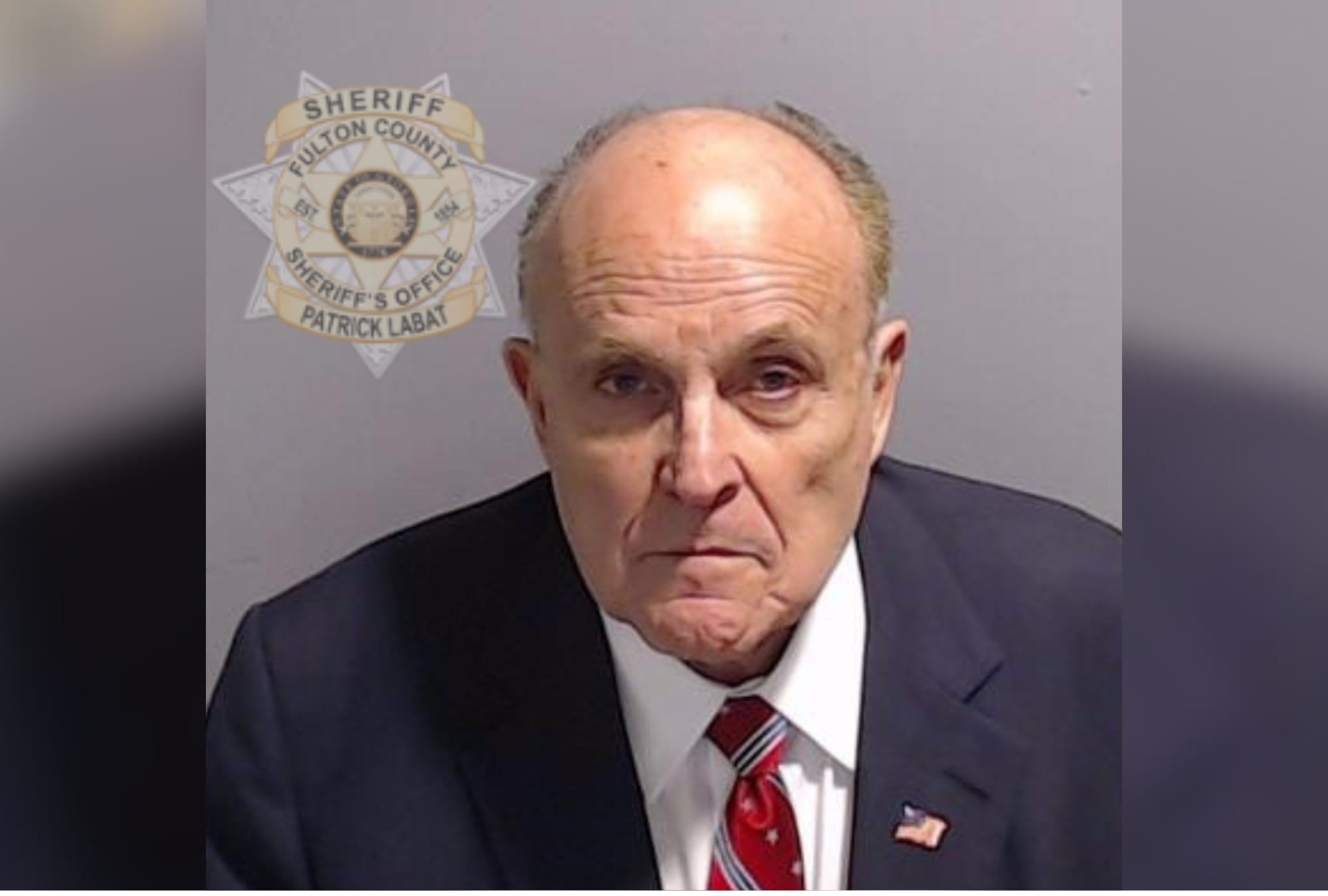In a significant development in the ongoing legal disputes related to the 2020 presidential election, Rudy Giuliani, the former mayor of New York City and a prominent figure in Donald Trump’s legal team, has reached a settlement with two Georgia election workers, Ruby Freeman and Shaye Moss. The settlement comes in response to a defamation lawsuit filed by Freeman and Moss, who alleged that Giuliani made false and damaging statements about them in the wake of the election.
The controversy began shortly after the 2020 presidential election when Giuliani, during various media appearances, accused Freeman and Moss of engaging in fraudulent activities while counting ballots in Fulton County, Georgia. These allegations were part of a broader narrative promoted by Trump and his allies, claiming widespread voter fraud in key battleground states. Freeman and Moss, both of whom worked as election workers during the election, vehemently denied the accusations and argued that Giuliani’s statements had severely harmed their reputations and personal lives.
The defamation lawsuit, filed in December 2021, sought damages for the emotional distress and reputational harm caused by Giuliani’s claims. The plaintiffs argued that the false allegations led to threats against their safety and well-being, as well as significant disruptions to their lives. The case drew considerable media attention, highlighting the broader implications of misinformation in the political arena and its impact on individuals who are often caught in the crossfire of partisan disputes.
As the legal proceedings unfolded, both sides engaged in extensive discovery, with Freeman and Moss providing evidence of the harm they suffered as a result of Giuliani’s statements. The case also raised questions about the responsibility of public figures in disseminating information and the potential consequences of spreading unfounded claims. Giuliani, for his part, maintained that his statements were made in good faith and were protected by the First Amendment.
The settlement reached between Giuliani and the election workers includes a financial component, although the specific terms have not been disclosed. In a statement following the announcement of the settlement, Freeman and Moss expressed relief that the matter had been resolved and emphasized the importance of standing up against falsehoods that can have real-world consequences. They reiterated their commitment to ensuring the integrity of the electoral process and protecting the rights of individuals who work in elections.
This case is part of a larger trend of legal actions taken by individuals and organizations against those who have spread misinformation about the 2020 election. Several lawsuits have been filed against various public figures and media outlets, seeking accountability for the dissemination of false claims that have undermined public trust in the electoral process. The settlements and court rulings resulting from these cases may have lasting implications for how misinformation is addressed in the future.
The resolution of the defamation case involving Giuliani, Freeman, and Moss serves as a reminder of the potential consequences of spreading unfounded allegations, particularly in a highly charged political environment. It underscores the need for responsible communication and the importance of verifying information before making public statements that can impact the lives of individuals and the integrity of democratic institutions.
As the nation continues to grapple with the fallout from the 2020 election and the ongoing debates surrounding election integrity, this settlement highlights the personal toll that misinformation can take on individuals who are often unjustly targeted in the political arena. The case also raises broader questions about the role of social media and traditional media in shaping public perceptions and the responsibility of those in positions of influence to ensure that their statements are grounded in fact.
In conclusion, the settlement between Rudy Giuliani and the Georgia election workers marks a significant moment in the ongoing discourse about misinformation and its impact on individuals and democracy. It serves as a reminder of the importance of accountability in public discourse and the need for vigilance in protecting the rights and reputations of those who serve in the electoral process.


